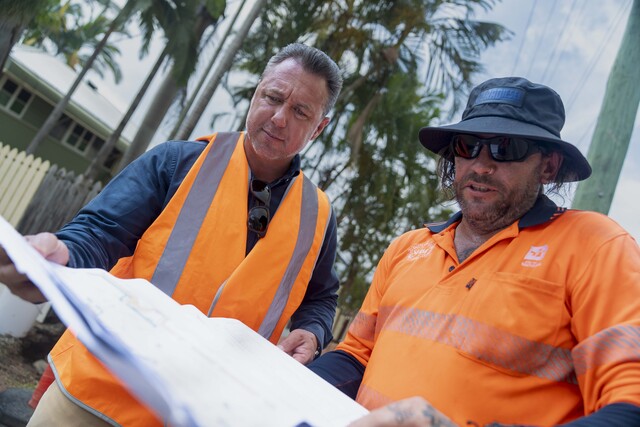Bankstown City Council has successfully adapted the sometimes complex ‘Balanced Scorecard’ approach to achieve more effective and integrated management planning.
Commencing in 1999, this process came in the wake of a significant restructure and a devastating fire in 1997 that destroyed the Council Administration Centre.
As an organisation the Council already had a Vision for the City and a five year plan to implement that Vision, a good understanding of community needs and issues, and a willingness to look at how management could improve the planning process and implement the strategic plan. However, at the same time it recognised the following.
- Integration among business units was inadequate.
- The strategic plan was, in some ways, seen as a corporate ‘wish list’ of actions and projects that were not properly prioritised and sometimes even operated in direct conflict with each other.
- The link between management planning functions and budgeting functions was weak.
- Performance measures were not being used as decision making tools.
To address these issues, particularly in relation to linking budgeting and planning and the proper use of performance measures, Bankstown Council looked to the Balanced Scorecard Model as the foundation for is latest management/strategic plan &endash; CITYPLAN 2004.
In simple terms, Balanced Scorecard tracks the key elements of an organisation’s strategic direction. It allows managers to define and monitor performance from a number of different perspectives. This has clearly been identified as a bonus in a public organisation where Councillors, customers and management can have varying perceptions of success.
Bankstown’s use of the Balanced Scorecard will allow measurement from different perspectives. This includes financial, giving a clearer picture of how results are achieved, and what process in the mix is causing problems. Planning workshops with managers, staff and Councillors resulted in a management plan structure that aimed to achieve the following.
- Define clear, prioritised strategic outcomes
- Identify the processes by which objectives and outcomes are achieved &endash; a snapshot of the ‘business at work’
- Link the planning and budget processes
- Develop a better understanding of the business Council is in, and possibly what business it should not be in
- Improve communication across the organisation
The biggest hurdle has been developing the performance measures and establishing systems which will assist collection and monitoring of the data. Council now has 20 strategic performance measures that are directly linked to prioritised outcomes.
This is a marked improvement from the 76 performance measures that were used prior to the Balanced Scorecard process and gives senior management and Councillors a more simple and focussed review process. It is hoped that, with further ‘honing’ of the model, the number of macro strategic performance measures will be further reduced to a more manageable number.
Most importantly, applying the Balanced Scorecard at Bankstown has established and fostered ongoing linkages between, budgets and planning, outcomes and priorities, performance measures, processes and outcomes, and what Council does and why Council does it.
The adaptation and implementation of Balanced Scorecard by Bankstown Council has given Council a platform that neatly adapts to other emerging strategic planning models. Whether it be ‘best value’ or ‘total quality’, use of the Balanced Scorecard model has established a firm foundation for Bankstown Council to continually improve its strategic planning and review process.
For further information contact Diane Lawrence, Manager Strategy and Policy, telephone (02) 9707 9615
















